Anyone who has been reading my reviews of Science Fiction novels will surely have noticed a certain trend of late. I am getting rather tired of interesting ideas that produce a really good single novel being turned into an entire series of books. The second book in a series may still be worth reading but it will certainly be inferior to the first. And the quality of the stories really decreases after that.

A case in point is the ‘Ice Worlds’ series by the author Brandon Q. Morris. The first novel ‘The Enceladus Mission’ was a good hard SF story about an unmanned probe discovering signs of life on Saturn’s moon Enceladus. A manned expedition aboard the space ship ILSE (which stands for International Life Search Expedition) is sent to both confirm the discovery and learn more about the life forms.
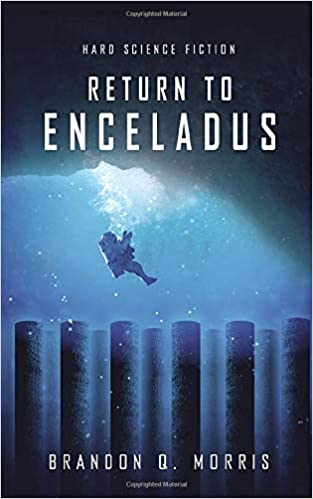
The description of ILSE was quite realistic and the entity on Enceladus was both different and intriguing, it was sort of one of those ‘group mind’ aliens that appear in some SF novels. All in all ‘The Enceladus Mission’ was a good book that I still recommend.
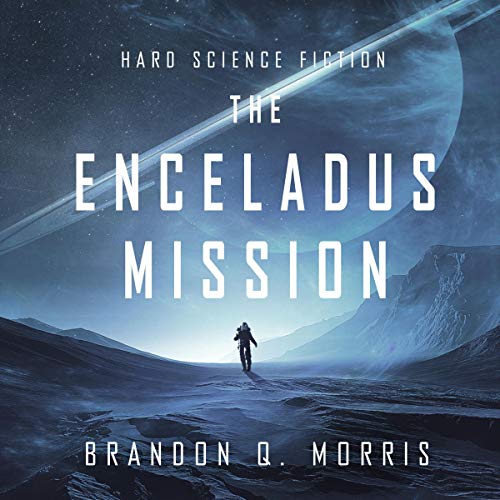
The second novel ‘The Titan Probe’ also wasn’t bad. With the ILSE and her crew already at Enceladus the idea of them taking a little side trip to Saturn’s biggest moon Titan made sense and again the life form that they found there, if not as well described as the one on Enceladus, was at least interesting and different. One part of ‘The Titan Probe’ needs to be mentioned. During the story, one of the ILSE crew, the ship’s doctor Marchenko sacrifices himself to save several other crew members but his consciousness is implanted on the ship’s computer by the entity on Enceladus.
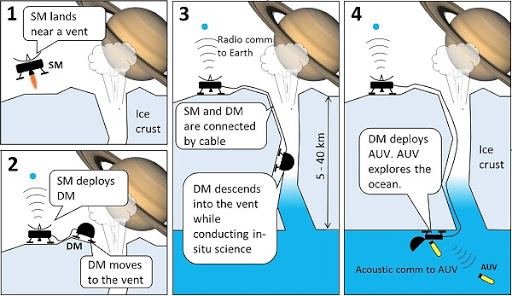
The third novel ‘The Io Encounter’ was a real disappointment. The crew of ILSE are on their way back to Earth when they’re ordered to stop off at Jupiter’s moon Io. Again signs of life have been found there. And while most of the crew are on Io’s surface the ILSE turns back toward Enceladus only to stop halfway there and return to Io!
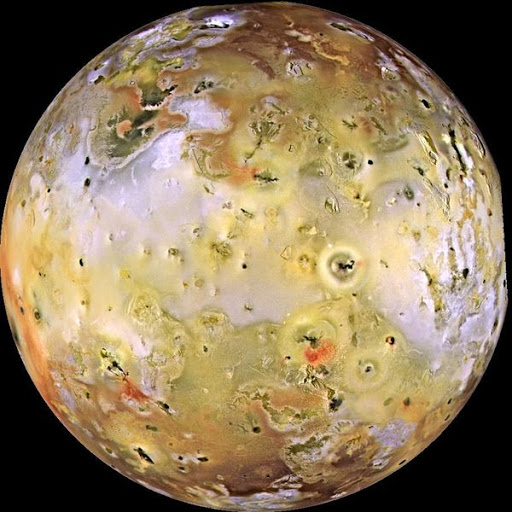
All this is completely unrealistic; space missions are planned out years in advance and are simply not equipped for any major changes in trajectory. Having actually calculated a couple of, admittedly rough, space missions I know very well how a side trip another planet is rarely possible. Jupiter could be on the other side of the solar system from Saturn for example, and such changes in the mission would require double the amount of fuel if not much more. In fact the delta Vee needed to go into orbit around Jupiter is really enormous. What had started as a believable SF story had become little more than a cartoon where the laws of physics are ignored. Worse yet, the quality of the story had also suffered.
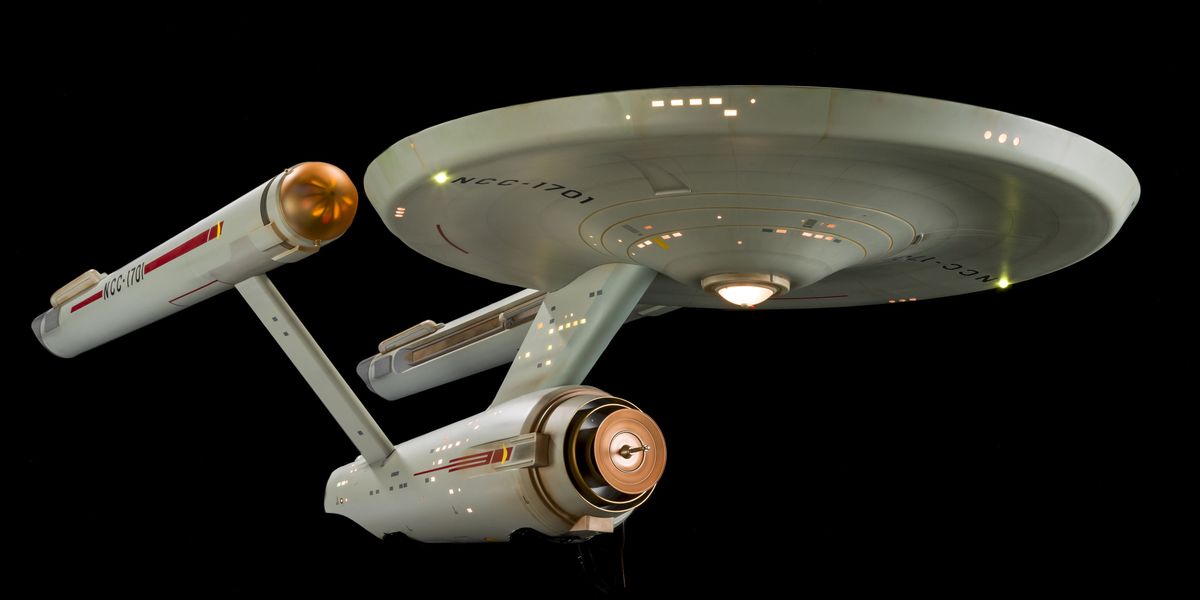
The fourth novel ‘Return to Enceladus’ is no better. The crew of ILSE are back home on Earth where they get a proposal from an eccentric Russian billionaire who wants them to go back to Enceladus. He is making money by mining near Earth asteroids and is looking to expand his business to the outer solar system. The crew’s reason for going back would be to retrieve the body of their dead comrade Marchenko so that his consciousness can be reinstalled; no description of how this will be done is ever given.
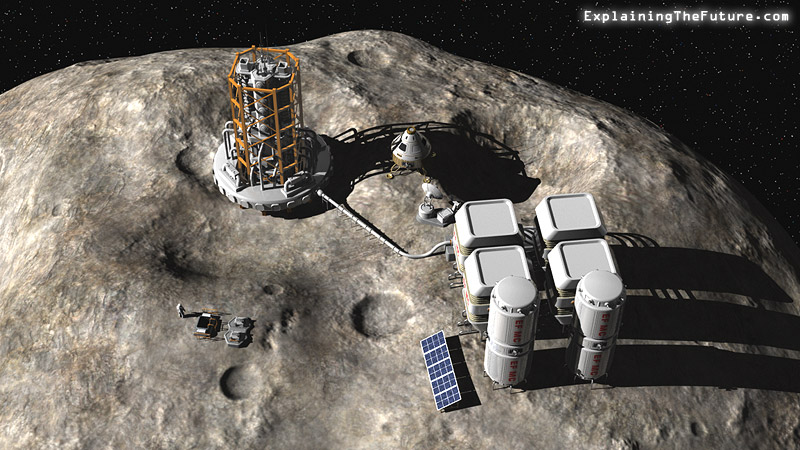
Problem is that the ILSE has been left on a course that will take it to be destroyed in the Sun so the first thing the crew, now joined by the Russian’s daughter, have to do is take one of his ships to rendezvous with the ILSE and stop it from plunging into the Sun. Once on board they set course for Saturn, no mention is made as to how the ship is refueled or resupplied with enough food for a two-year mission.

At this point the story becomes a mystery novel as several attempts are made on the lives of different crewpersons and the mission itself. Actually the guilty party is pretty obvious from the start but the crime plot still it takes up half the novel. And when we finally get back to Enceladus the entity there has gone into hiding, it’s now afraid of us, so we don’t even learn more about it.
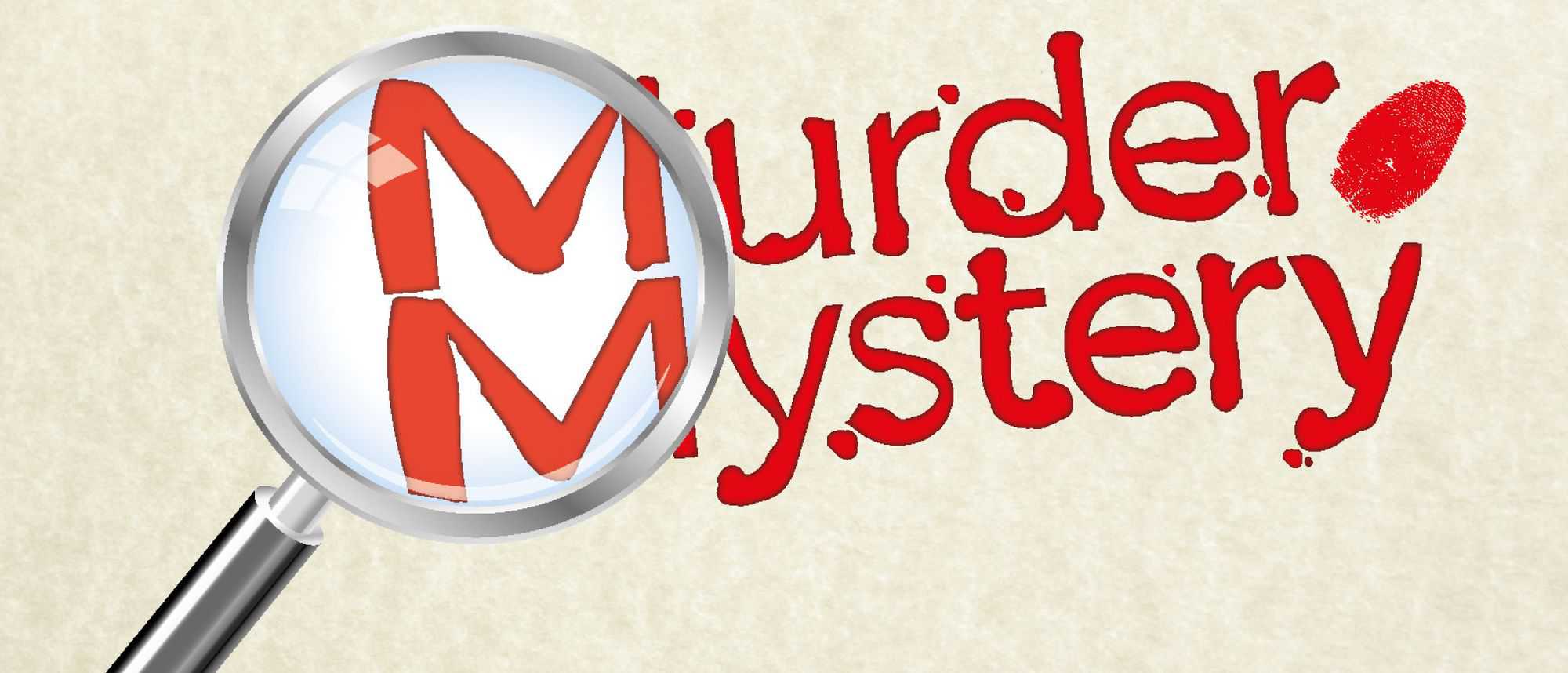
Anyway the whole trip wasn’t worth it in my opinion. The ‘Ice Words’ series by Brandon Q. Morris is just another series of novels that starts out as being fresh and interesting but by the end has just simply run out of steam. ‘Return to Enceladus’ just isn’t a very good SF novel.
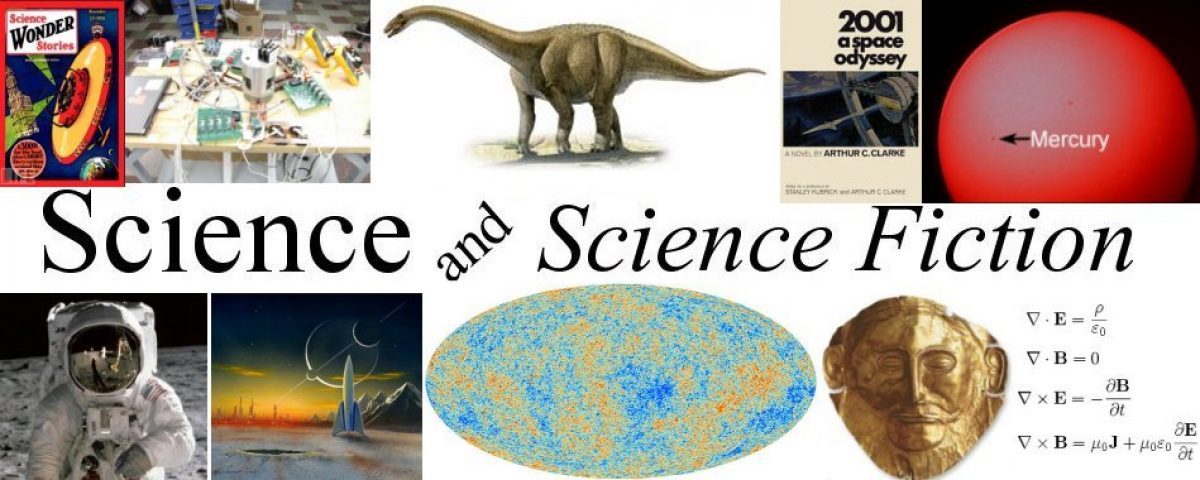
I agree with the comments above but in particular, ‘Return to Enceladus’ wasn’t even a good mystery novel. That the millionaire’s young daughter could live with a crew for two years without support from a fellow conspirator or contact with her father and still be committed to the mission is highly implausible. From a scientific point of view, how could she control the laser when she is tied to a chair? How is Marchenko split into two beings? Where are the nasty aliens that inhabit the ship and were the reason for sending it into the sun? How does the Enceladus Being suddenly become weak as dishwater, given its immense power and abilities? So many unanswered questions and ridiculous situations. It seems the author ran out of a final script and rushed the plot to a close just to get finished. Very disappointing from what promised to be a good tale.
I agree. The whole series has just gotten progressively worse with each new book. I think that happens a lot where an author took the time to write a good book that sells and then his publisher pressures them to write a lot more without the time to make them good!
Thanks for the comment and hope to hear from you again!
Bob L
I agree that many times in the series approach, some may prove to be better than others…BUT.. as this dictum relates to any of Brandon’s works…I humbly submit that the ‘worst’ I have read of ANY of his books are far better than 99 % of any other author! I’ve been reading for nearly 70 years!
Thanks for the comment. Personally I think 99% is a bit too much, especially for ‘Return to Enceladus’ so I will have to maintain that series in SF are really not a good thing!
Bob L